Vegetarianism and Buddhism: Ethics, compassion, and practice
The relationship between Buddhism and vegetarianism reflects a deep ethical inquiry into the nature of compassion, non-violence, and mindful living. Rooted in the First Precept of avoiding harm to sentient beings, the practice of abstaining from meat has been embraced by many Buddhist traditions as an expression of loving-kindness and respect for life. However, the approach to dietary ethics varies widely across Buddhist cultures, shaped by historical, monastic, and regional contexts. In this post, we explore the philosophical foundations, scriptural interpretations, and cultural practices surrounding vegetarianism in Buddhism, highlighting how this ethical choice aligns with the broader principles of the Dharma while accommodating diverse circumstances and perspectives
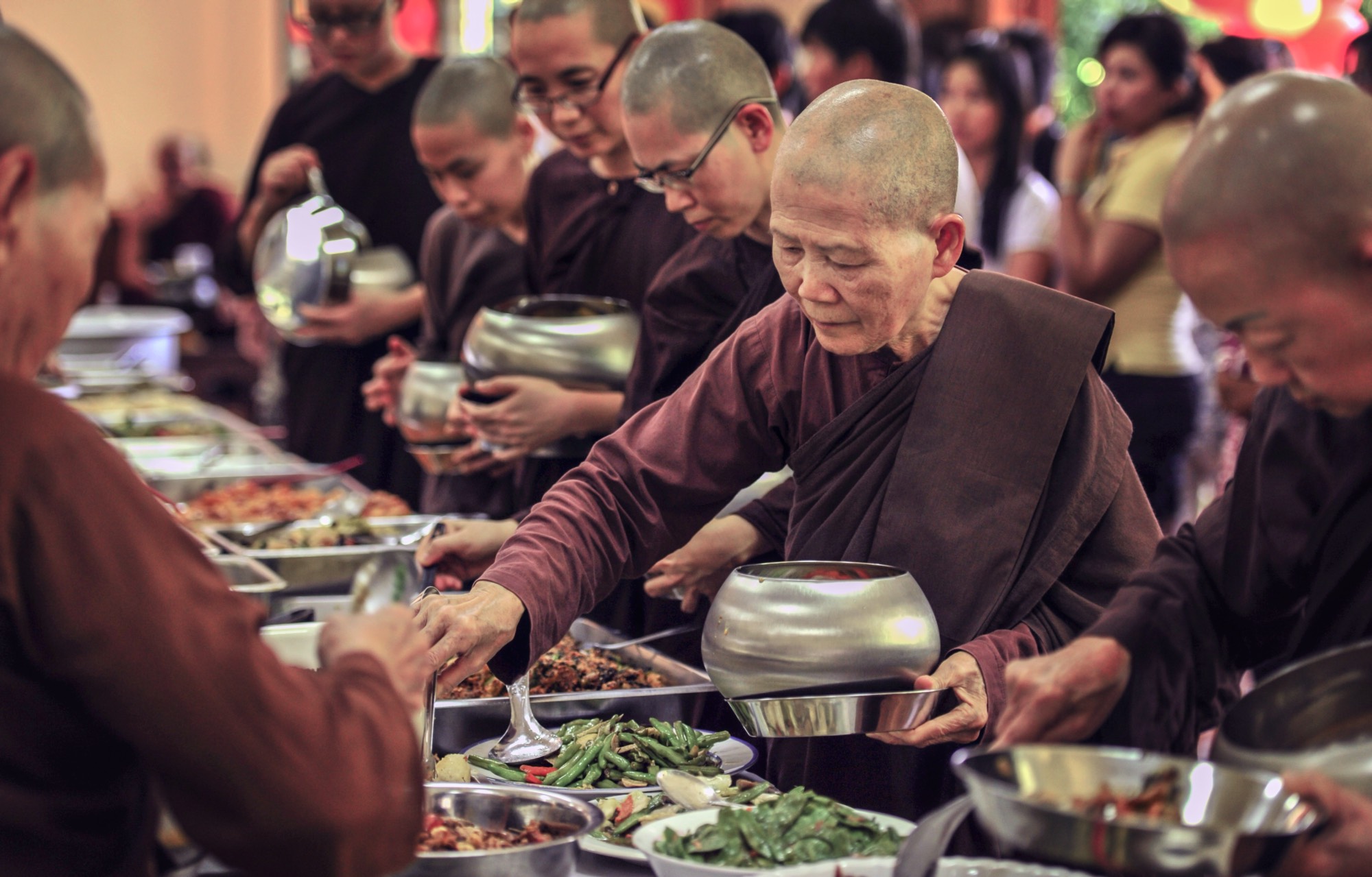
Buddhist monks during a meal. Buddhism does not universally mandate vegetarianism, but many traditions advocate it as an expression of compassion and non-harming. Source: pxhere.comꜛ (license: CC0ꜛ)
Introduction
The relationship between Buddhism and vegetarianism reflects a deep ethical inquiry into the nature of compassion, non-violence, and mindful living. Rooted in the First Precept of avoiding harm to sentient beings, the practice of abstaining from meat has been embraced by many Buddhist traditions as an expression of loving-kindness and respect for life. However, the approach to dietary ethics varies widely across Buddhist cultures, shaped by historical, monastic, and regional contexts. This article explores the philosophical foundations, scriptural interpretations, and cultural practices surrounding vegetarianism in Buddhism, highlighting how this ethical choice aligns with the broader principles of the Dharma while accommodating diverse circumstances and perspectives.
Vegetarianism in Buddhism is most often linked to the First Precept: the commitment to avoid killing or causing harm to sentient beings. From this perspective, refraining from eating animals becomes an act of non-violence (ahiṃsā) and loving-kindness (mettā). It is a way of aligning everyday behavior with the ethical foundation of the Dharma. For some, this choice is made out of deep empathy for animals; for others, it reflects a broader concern with karmic consequence, environmental impact, or spiritual purity.
At the same time, Buddhist traditions have responded to dietary practice in diverse ways. Early Indian monastics were dependent on alms and ate what was offered, including meat. In contrast, many East Asian Mahāyāna schools developed strict vegetarian codes for monks and laypeople alike. Cultural context, monastic rules, and scriptural interpretation have all shaped how Buddhists around the world approach food. Understanding this diversity helps clarify why vegetarianism is not universally required in Buddhism, but also why it remains a powerful and widely respected ethical ideal.
Core Buddhist principles relevant to food ethics
Buddhist ethics are grounded in the commitment to reduce suffering, and this extends directly to the question of what we eat. Four key principles help shape how many Buddhists think about food, particularly when it comes to the ethical implications of eating animals.
The First Precept: non-harming (pāṇātipātā)
The first of the Five Precepts, followed by both monastics and laypeople, prohibits killing living beings. While this precept traditionally refers to intentional acts of violence, many Buddhists extend it to include the indirect harm caused by eating meat. Choosing a plant-based diet is thus seen by many as a concrete way to embody non-harming in daily life.
Compassion (karuṇā) and loving-kindness (mettā) toward all sentient beings
These two foundational virtues cultivate an attitude of empathy and care for all creatures. If we recognize that animals suffer, then compassion urges us to avoid contributing to that suffering. Vegetarianism becomes not just a moral restraint but a proactive form of kindness toward beings who cannot speak for themselves.
Interdependence and karmic consequences of consumption
The Buddhist view of interdependence (often associated with paṭicca samuppāda) highlights how all actions are part of a web of causes and conditions. Eating meat implicates us in systems of violence and suffering, and many believe this carries karmic consequences. Ethical eating, then, becomes part of mindful karmic responsibility.
Right livelihood and mindful consumption
The Noble Eightfold Path includes right livelihood, encouraging practitioners to avoid professions that harm others. This has been extended by many to include the ethics of consumption itself. Mindful eating involves being aware not only of what we eat, but how it was produced, and whether our choices align with our intention to reduce harm and cultivate compassion.
Early Buddhist texts and the monastic rule
Early Buddhist texts, especially the Vinaya Piṭaka that governs monastic conduct, reflect a pragmatic approach to food, shaped by the realities of alms-based subsistence. Monastics were instructed to accept whatever food was offered without expressing preference, whether it was vegetarian or included meat. The guiding principle was detachment and gratitude, not personal dietary control.
The Buddha did not institute a categorical ban on meat eating for monks and nuns. Instead, he established a set of conditions under which the consumption of meat was considered “pure” (ti-koṭi-parisuddha): the monastic must not have seen, heard, or suspected that the animal was killed specifically for them. This rule aimed to ensure that monastics were not directly complicit in the act of killing, while recognizing their dependence on lay offerings.
This stance reveals a tension at the heart of early Buddhist ethics: the desire to avoid harm versus the need to adapt to conditions of livelihood. The sangha’s dependence on the lay community made absolute vegetarianism impractical in some contexts. At the same time, ethical discomfort with meat consumption is evident in many suttas, and the Buddha’s repeated emphasis on non-harming shaped the moral sensibility of later generations.
Thus, while the early monastic rule did not prohibit meat, it laid the groundwork for later movements, especially in Mahāyāna contexts, that interpreted vegetarianism as a natural extension of the Dharma’s ethical and compassionate foundation.
Mahāyāna perspectives and vegetarian advocacy
Mahāyāna Buddhism places a heightened emphasis on the cultivation of universal compassion and the Bodhisattva ideal, both of which strongly support the practice of vegetarianism. Unlike the more pragmatic tone found in early Buddhist texts, Mahāyāna sūtras often explicitly advocate for abstaining from meat as a moral and spiritual necessity.
One of the clearest examples is the Laṅkāvatāra Sūtra, which strongly condemns meat eating and states that the consumption of flesh is incompatible with the Bodhisattva path. The sūtra presents arguments that link meat consumption with karmic repercussions, compassion for animals, and the pollution of mind and body. Other Mahāyāna texts, such as the Mahāparinirvāṇa Sūtra and the Brahmā Net Sūtra, echo these themes, urging practitioners to cultivate a diet that reflects their vows to protect life.
At the heart of this advocacy is the Bodhisattva vow: to save all beings and avoid causing harm. For Mahāyāna practitioners, vegetarianism is viewed as a direct expression of this vow, a way to align everyday actions with the commitment to reduce suffering in all realms of existence. Eating meat, even when one is not directly responsible for the killing, is seen by many as reinforcing the cycle of harm and dulling the practitioner’s sensitivity to the suffering of others.
In regions where Mahāyāna Buddhism became dominant, such as China, Korea, and Vietnam, these scriptural and ethical arguments were further reinforced by cultural and institutional developments. Monastic codes in these traditions frequently required vegetarianism, and Confucian values that emphasized moral cultivation and restraint harmonized well with Buddhist dietary ethics. In particular, the Brahmā Net Sūtra became highly influential in East Asia, promoting a precept that explicitly forbids the consumption of meat for Bodhisattvas.
Thus, Mahāyāna perspectives significantly elevated vegetarianism as a religious ideal. While not all Mahāyāna Buddhists are vegetarians, especially in lay contexts, the scriptural, ethical, and institutional support for the practice remains strong across these traditions.
Theravāda and Vajrayāna views
Theravāda and Vajrayāna traditions approach the issue of vegetarianism differently, shaped by their respective historical contexts and spiritual frameworks. In Theravāda Buddhism, which has its roots in the early Pāli Canon, the dietary ethic is shaped by monastic pragmatism. Monks and nuns are alms-dependent and are traditionally instructed to accept whatever is placed in their begging bowls — so long as it meets the criteria of being “pure” meat, meaning the monk did not see, hear, or suspect that the animal was killed specifically for them. This rule reflects continuity with early Buddhist monastic codes and highlights the principle of non-attachment rather than dietary control.
However, lay movements in countries like Sri Lanka, Thailand, and Myanmar have at times promoted vegetarianism as a meritorious and compassionate practice. Especially during religious festivals or observance days (uposatha), many laypeople abstain from meat. In modern times, lay-led vegetarian initiatives have gained momentum, with some monastic leaders and meditation centers also encouraging reduced meat consumption in response to growing ethical and environmental concerns.
In Vajrayāna Buddhism, especially within Tibetan traditions, the question of meat is approached through a complex symbolic and ritual lens. Certain tantric rituals have historically included meat and alcohol as symbolic offerings, representing the transformation of worldly attachments into enlightened awareness. Due to the harsh climate and nomadic culture of Tibet, a meat-based diet was historically more common and practically necessary, which has shaped cultural norms around food.
Nevertheless, contemporary Tibetan teachers, such as the 17th Karmapa and various figures in exile, have increasingly advocated for vegetarianism, linking it to the Bodhisattva ideal and the broader movement of global Buddhist ethics. Vegetarian restaurants, education campaigns, and animal welfare projects have emerged in Tibetan communities both in India and abroad.
While neither Theravāda nor Vajrayāna Buddhism uniformly mandates vegetarianism, both traditions include growing movements toward compassionate dietary choices. These shifts illustrate how ancient principles can evolve to meet new ethical challenges in the modern world.
Contemporary Buddhist movements and ethical vegetarianism
In recent decades, a renewed interest in vegetarianism has emerged within global Buddhist communities, driven not only by traditional ethics but also by pressing modern concerns. Contemporary Buddhist practitioners increasingly interpret the Dharma in light of current issues such as animal rights, climate change, and industrial agriculture. The recognition that meat production contributes significantly to environmental degradation and animal suffering has led many to re-evaluate their food choices through a Buddhist lens.
This shift is often framed through the concept of interbeing, a term popularized by Thich Nhat Hanh to describe the interconnectedness of all life. Mindful eating, rooted in this awareness, involves a deep reflection on how food is produced, who or what was harmed in its making, and what karmic entanglements arise through consumption. For many Buddhists, this has become an ecological practice as much as a spiritual one: to eat with awareness is to live in harmony with the Earth.
Numerous initiatives, both monastic and lay-led, have taken root globally. Some monasteries now offer fully vegetarian meals to visitors and residents; others have launched campaigns to encourage vegetarianism among the lay community. In countries like Taiwan and Vietnam, vegetarian restaurants operated by Buddhist organizations are common. In the West, insight meditation centers and engaged Buddhist groups have linked dietary ethics to broader commitments like social justice, sustainability, and animal welfare.
Despite this momentum, debates persist within the global sangha. Some argue that vegetarianism risks becoming a marker of moral superiority or a distraction from deeper practice. Others contend that strict dietary rules could alienate practitioners who come from diverse cultural or economic backgrounds. There is also a tension between respecting traditional practices, especially in communities historically reliant on meat, and evolving toward greater ethical consistency in the face of modern realities.
Still, the trend is clear: vegetarianism in contemporary Buddhism is less about doctrinal purity and more about lived compassion. It reflects a growing commitment to aligning daily actions with the Bodhisattva ideal, transforming what and how we eat into a conscious expression of non-harming and care for all beings.
Conclusion
Vegetarianism in Buddhism is best understood not as a rigid doctrine but as a dynamic and deeply personal expression of the Dharma’s ethical core. While Buddhist texts and traditions differ in their prescriptions and interpretations, a common thread runs through them all: the aspiration to reduce suffering and cultivate compassion. For many Buddhists today, choosing a vegetarian or plant-based diet becomes a powerful means of embodying this aspiration in everyday life.
Rather than mandating a single dietary rule for all practitioners, Buddhism offers a nuanced framework that encourages reflection, awareness, and compassionate action. Whether one is a monk in a Theravāda country reliant on alms, a lay practitioner in a Mahāyāna community upholding strict vegetarian vows, or a modern Buddhist navigating ethical dilemmas in a globalized world, the path is not defined by conformity but by intention and awareness.
By recognizing the interdependence of all life, the karmic implications of consumption, and the suffering involved in industrial meat production, many practitioners are rethinking what it means to eat ethically. Yet Buddhism also acknowledges diversity of conditions and capacities, offering space for a range of sincere responses.
In this light, vegetarianism becomes not a boundary marker of spiritual worth but a living ethical choice. It’s an invitation to embody non-harming, foster compassion, and tread more lightly in a suffering world. As climate crises and ecological challenges deepen, this dimension of the Buddhist path may become not only a moral priority, but a necessity for sustaining life itself.
References and further reading
- Hanh, Thich Nhat Hanh, For a Future to Be Possible: Commentaries on the Five Mindfulness Trainings, 1993, Parallax Press, ISBN: 978-1888375077
- Faure, Bernard, The Power of Denial: Buddhism, Purity, and Gender, 2003, Princeton University Press, ISBN: 978-0691091716
- Harvey, Peter, An Introduction to Buddhist Ethics: Foundations, Values and Issues, 2000, Cambridge University Press, ISBN: 978-0521556408
- Kieschnick, John, The Impact of Buddhism on Chinese Material Culture, 2003, Princeton University Press, ISBN: 978-0691096766
- Phelps, Norm, The Great Compassion: Buddhism and Animal Rights, 2004, Lantern Books, ISBN: 978-1590560693
- Schmithausen, Lambert, The Problem of the Sentience of Plants in Earliest Buddhism, 1991, Studia Philologica Buddhica Monograph Series, Series 6, Tokyo: International Institute for Buddhist Studies, ISBN: 4-906267-24-6, online PDFꜛ
- Stewart, James, Vegetarianism and Animal Ethics in Contemporary Buddhism, 2018, Routledge, ISBN: 978-1138493360
- Wikipedia article on Vegetarianism and religionꜛ



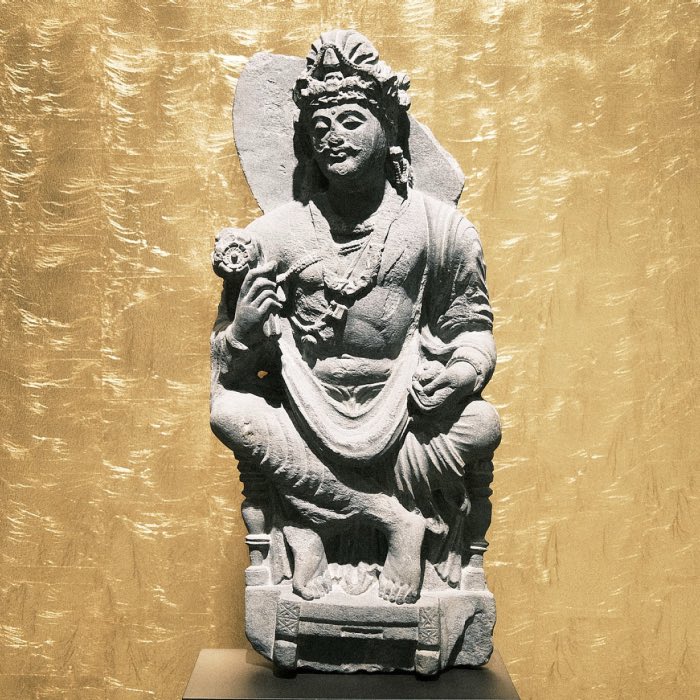

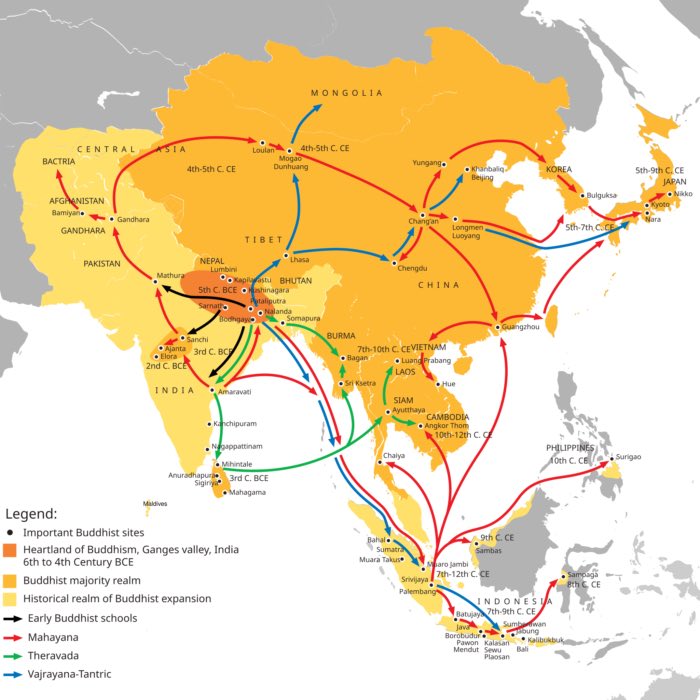

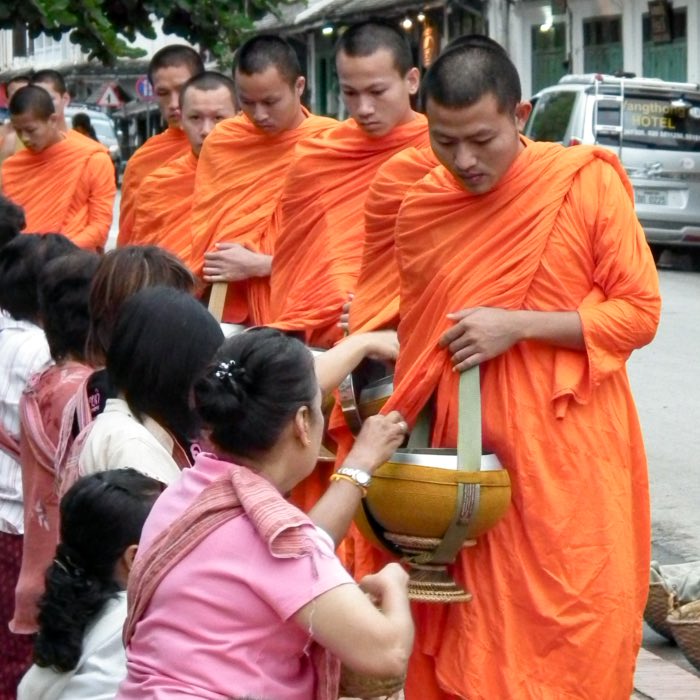
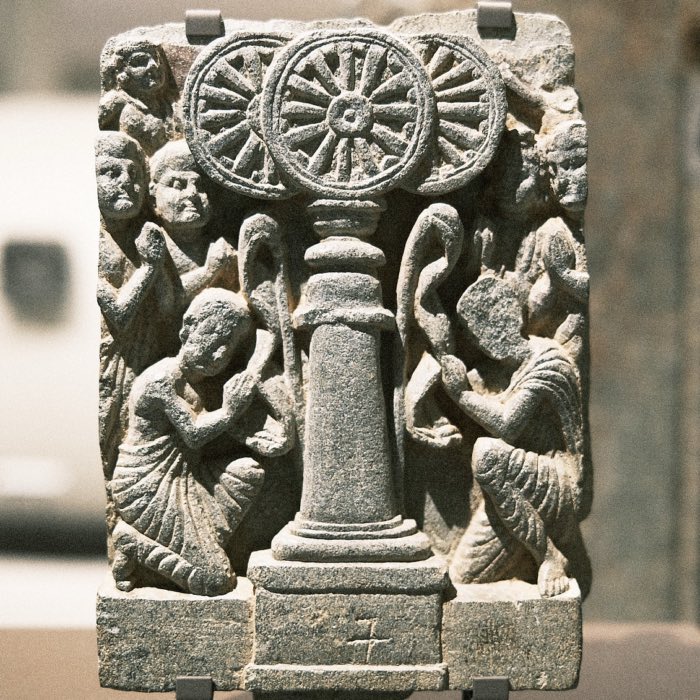
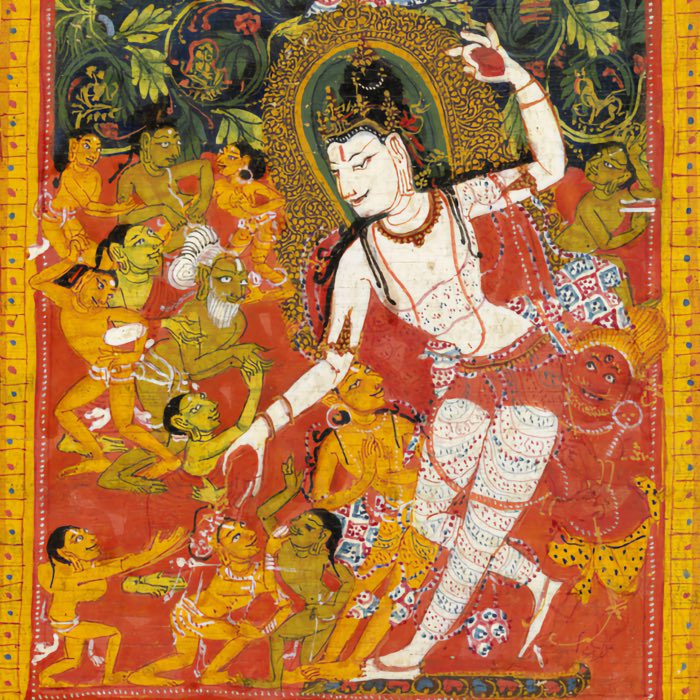


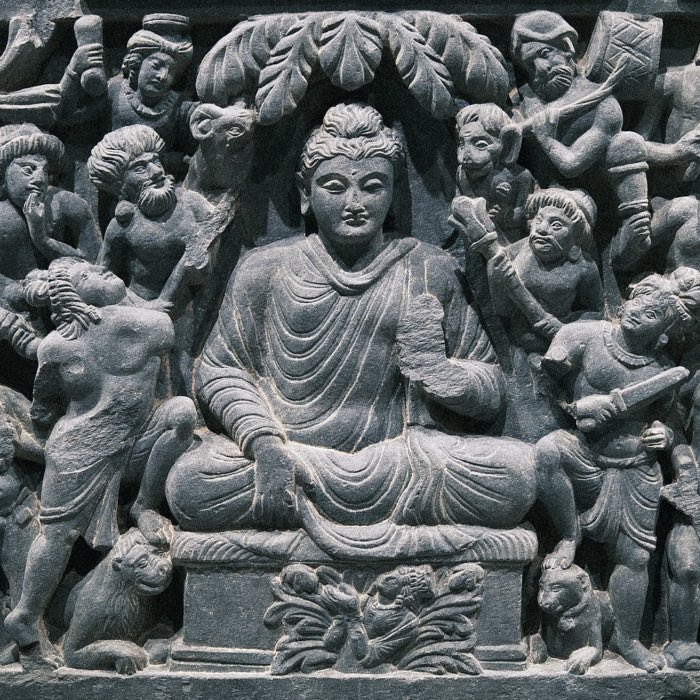
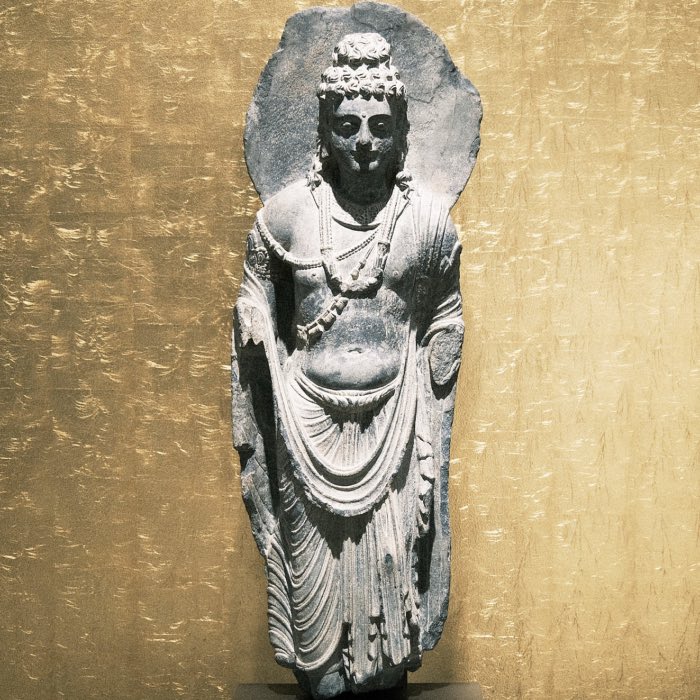
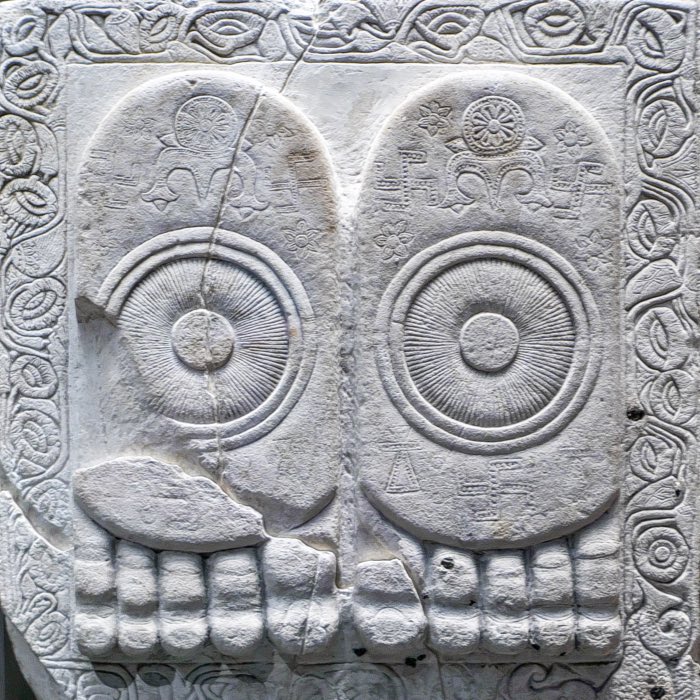

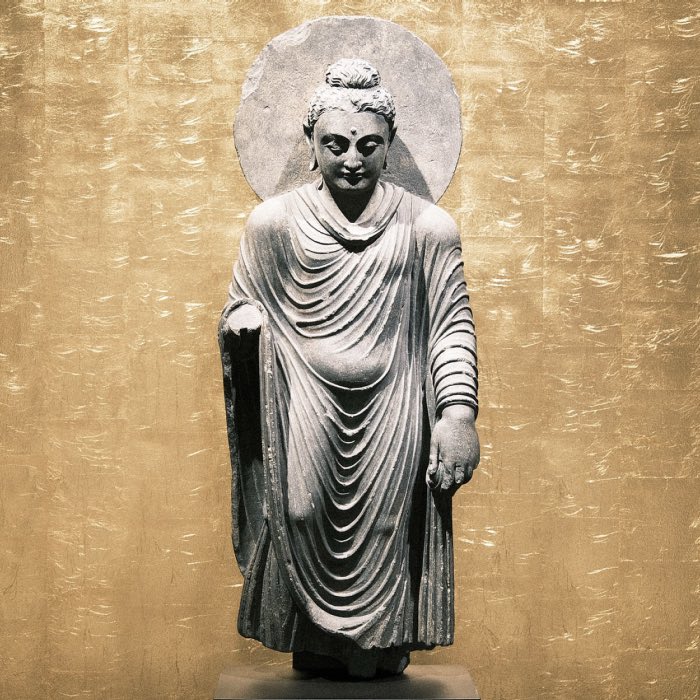
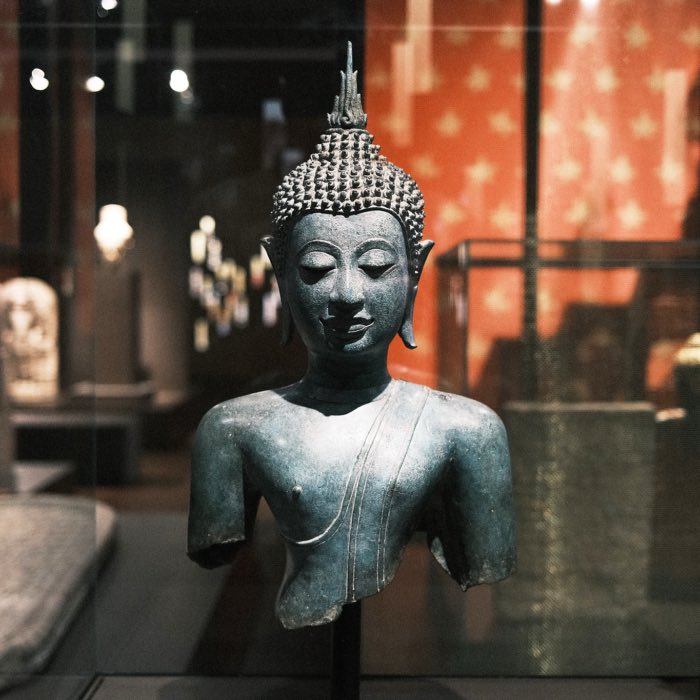
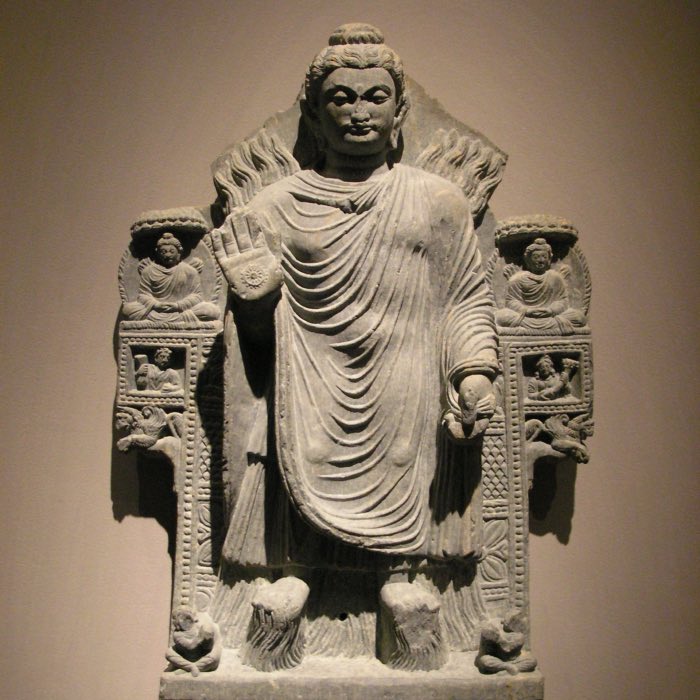
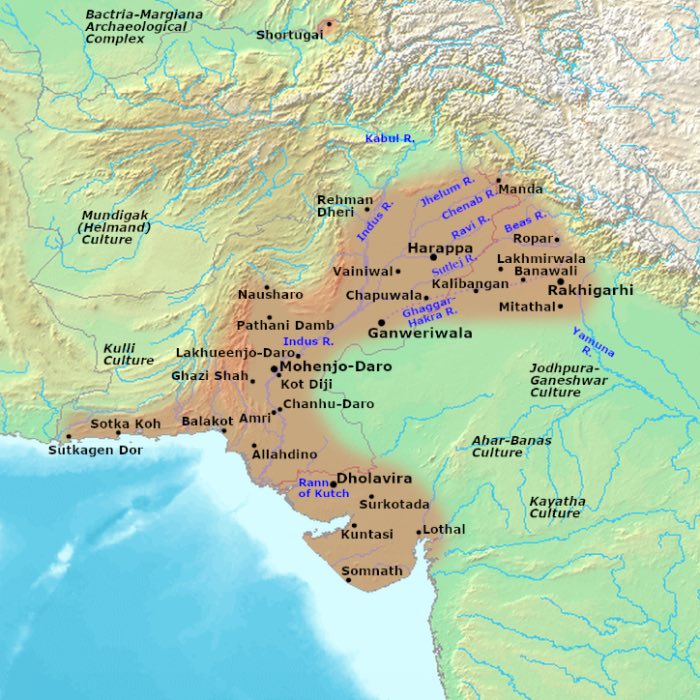

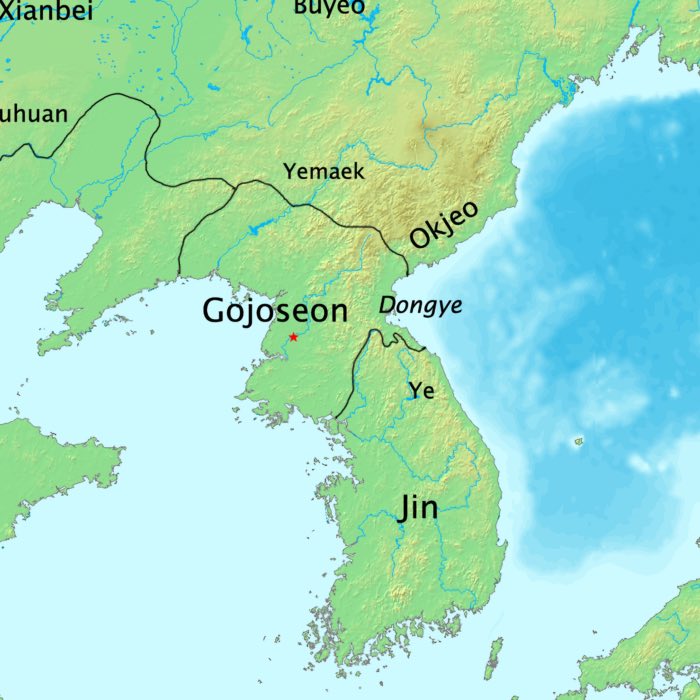
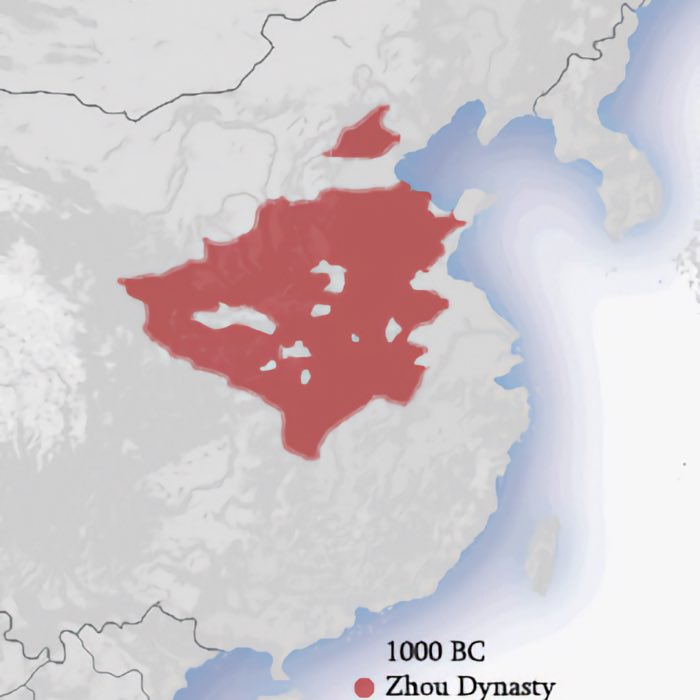







comments